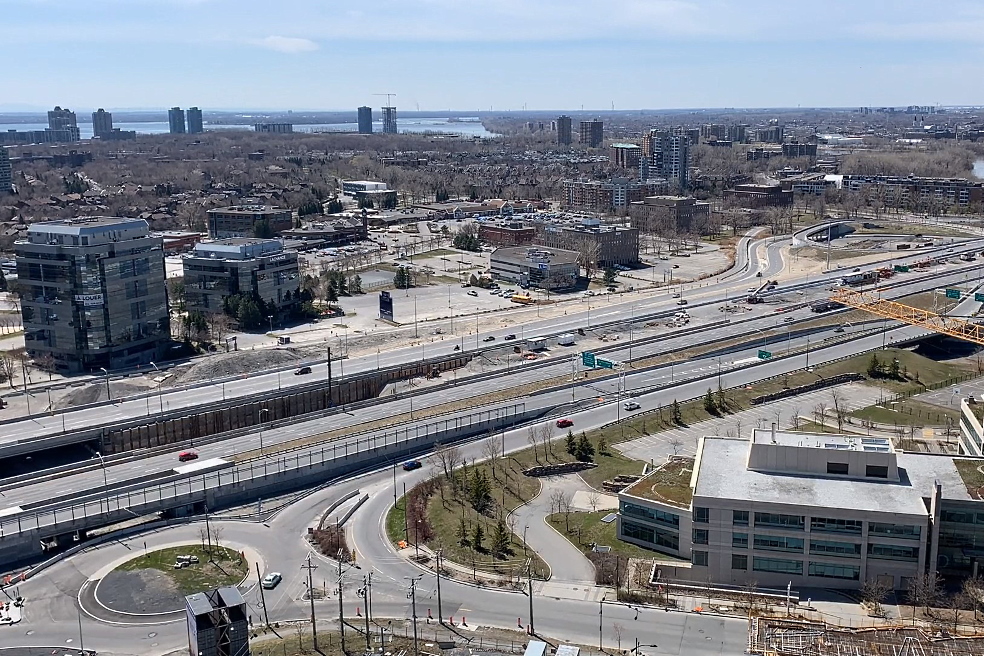Since the financing of transport infrastructure projects has traditionally been the responsibility of the state, public-private partnership (PPP) instruments with the direct participation of central governments and local governments play an important role in this context.
The effective development of transport infrastructure is critical for maintaining links within the national and international economic space, free movement of goods and services, competition and freedom of commercial activity, and improving the quality of life of the population.
Viola Funding Limited has brought together a team of experienced financial and investment experts through the help of our high-net-worth angel investors from different countries to help private companies and government agencies in financing large scale transport infrastructure projects (toll roads, bridges, subways, train stations and more).
Among other things, we offer long-term loans, credit guarantees, project financing (PF) schemes, investment and financial engineering services, project management, and much more.
Contact US to learn more and benefit from advanced solutions for your project today.
The role of PPP in the financing of transport infrastructure
A very promising mechanism for attracting free funds is public-private partnership, which over the past few decades has become one of the most important innovations in public investment policy around the world. However, despite the highest potential, experts draw attention to the many constraints in financing PPP projects that are typical for developing countries with immature financial markets and imperfect legislation.
The world investment practice shows that the introduction of various models of public-private partnership in the transport sector is gaining momentum.
This is especially noticeable in the construction of roads, large tunnels and bridges, which ensure the successful implementation of strategic transport development programs under the control of the government.
In order to attract private capital, effectively manage projects and introduce modern technologies, it is important for the state to find such an economic and organizational mechanism that would support the interest of private investors. In addition, it is necessary to organize a fair tender procedure based on an effective system of criteria for evaluating proposals and increasing the chance for successful implementation of a transport infrastructure project.
The most common PPP models applicable to the transport industry include the following:
•Concession agreements of various types and structure.
•Government contract for the maintenance of an infrastructure facility.
•Life cycle contract and other types of contractual relationships.
At the pre-project stage, when property rights are clearly defined, an investment agreement is concluded between the state and a private investor with the establishment of a capital structure and rights to the created objects. An agreement can also be signed for capital investments in a state-owned facility, according to which investors return their funds during the operation of the facility.
Funding schemes for PPP in transport infrastructure
The contracts developed under this scheme for the transport industry are complex long-term contracts of an investment nature. On their basis, a private contractor-investor designs, finances and builds a highway or other infrastructure facility, and then manages the facility for a long period of operation, ensuring the maintenance and repairs at the service level specified in the contract.
Thus, the main sources of financing for PPP projects in transport infrastructure include funds from budgets of different levels, funds from the private sector, resources from credit institutions, funds from international financial institutions and private investors, and funds from institutional investors.
The high cost of capital in developing countries imposes some restrictions on the financing of PPP infrastructure projects. In such countries, two schemes for financing complex long-term contracts seem to be the most appropriate. Both schemes are variants of PPP with the involvement of non-budgetary sources of financing for the implementation of the investment part of the project.
In general, PPP includes a wide range of multilateral contractual relations between the public and private sectors in the field of transport infrastructure development.
The most common method of financing of transport infrastructure projects are corporate finance, project finance (PF) and public funding.
World experience in using PPP in funding infrastructure projects
The largest share (55.9%) of PPP projects was implemented in the areas of construction, reconstruction and repair of roads, bridges and highways. The volume of public-private partnership investments in the road industry over these 25 years amounted to 248.35 billion US dollars, of which 67.4% accounted for concession agreements.
Public companies play an important role in public-private partnerships in the United States.
SIBs can issue bonds backed by the bank’s capital and payments on loans from a pool of local borrowers, which helps reduce risk for investors. The SIB also offers credit guarantees that allow private sponsors to borrow money at lower interest rates, as well as grants. However, SIBs cannot use public funds as grants.
In Germany, the Ministry of Finance and regional financial authorities, as well as communities, are responsible for the development of PPP infrastructure projects. Two financing models are used, such as project finance (raising private capital against future financial flows of the project, without a guarantee from the public sector) and forfaiting (financing with guarantees from the public sector).
In Austria, Denmark, Australia, Israel, Finland, Spain, Portugal, Belgium, Greece, South Korea, Ireland, Singapore, much of the funding goes to PPP projects related to the construction and modernization of roads.
Viola Funding Limited is ready to offer a full range of investment, engineering and consulting services for large companies and government agencies, including financing of PPP projects.
eMAIL:[email protected]
Website:https://viola-funding.com/
